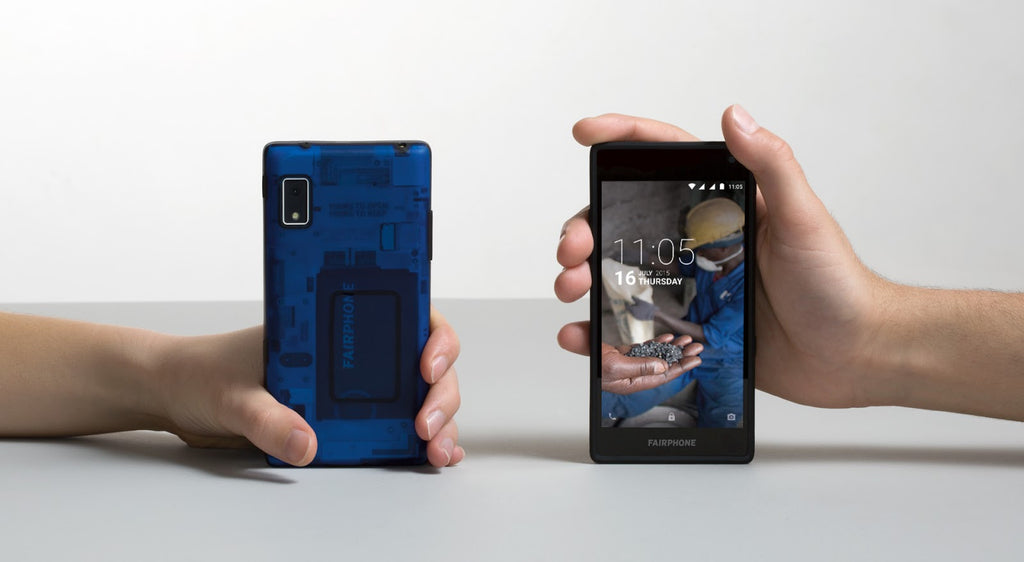I’m writing to you from somewhere above Canada on my way home from Amsterdam. That epic Dutch city was the birthplace of Sama. It’s where, in 2007, I won a business plan competition for 22,000 Euros and decided to go all-in.
The idea that business should create social impact — that the two are not mutually exclusive, but rather mutually inevitable — is a major element of Dutch culture. This is the birthplace of some of the coolest social enterprises you may not have heard of:
-the National Postcode Lottery (they donated over 600M Euros last year alone, making them the third largest donor in the world, all via public lottery tickets)
-the Fairphone, an ethically made Android phone with no conflict minerals and fair wages across the supply chain
-Fairmail, a company that trains poor youth in developing countries to take high-end photos for a stock image library (because why are all pictures of poor people taken by rich Westerners?)
-the Good Hotel, a floating hotel made from a renovated prison barge that trains chronically unemployed people for hospitality jobs
The best part about the Dutch philosophy? They don’t compromise on design. Everything should be fair AND have great design. I just love that. Why should we accept crappy design and ugliness when making the world more beautiful? Why is it assumed that social good entails compromise?
Fair to me means:
-
People are paid a local living wage across the supply chain
-
Net-neutral or better yet positive environmental impact
-
#Givework element - the business goes beyond charity to create social impact in its hiring practices by hiring marginalized people
This stuff isn’t that hard. Every business should be fair. In the future, fair will be the default.
In the words of my friends at the Good Hotel: Create beauty, do good.
Yours,
Leila




